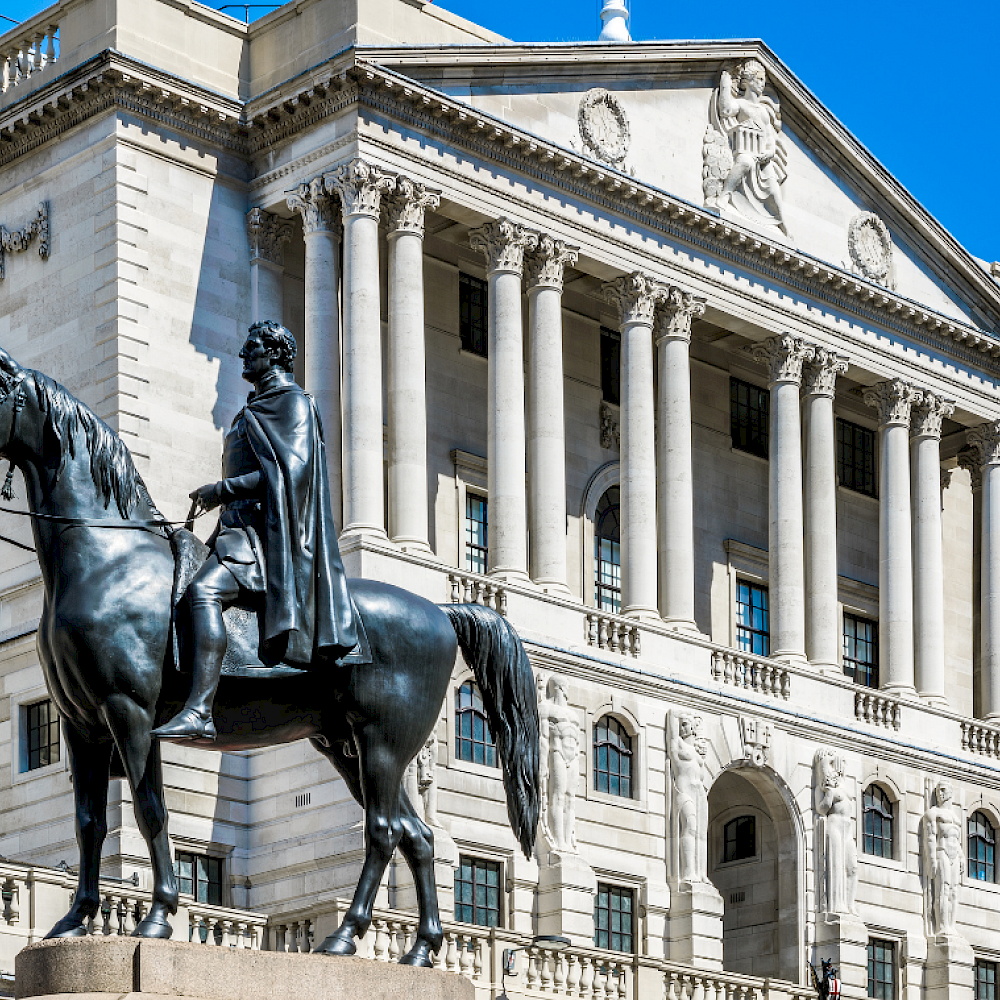Selling a Property? How to Handle Capital Gains Tax
25 June 2025 Reading time: 3 minutes

Thinking about selling a rental, second home, or that fixer-upper you bought during lockdown? Nice one — property’s been good to you. But before you start dreaming about what to do with the profit, let’s talk about the one thing that could rain on your parade: Capital Gains Tax (CGT).
Don’t panic. Here’s what you need to know — minus the technical terms, plus a few smart moves that could save you thousands.
What Is Capital Gains Tax (and Why Should You Care)?
CGT is the tax you pay when you sell something for more than you paid for it — like a second home, a buy-to-let, or that flat you inherited and never quite got around to living in.
The key word here is “gain” — it’s the profit, not the sale price, that HMRC cares about.
How Is It Calculated?
Here’s the (very simplified) formula:
Sale Price – Purchase Price – Allowable Costs (think: legal fees, stamp duty, estate agent, and any serious upgrades) = Your Taxable Gain
Then you subtract your annual allowance — which is now just £3,000 (thanks, Chancellor) — and what’s left is what you get taxed on.
Does CGT Apply to All Property Sales?
Not always. If it’s your main home, you’re probably in the clear — Private Residence Relief usually covers it.
But you’ll be in CGT territory if you’re selling:
- A rental property
- A holiday home
- A second residence
- An inherited property (unless it became your main home)
What Tax Rate Will You Pay?
It depends on your income.
- Basic-rate taxpayers: 18% on residential gains
- Higher/additional-rate taxpayers: 28% on residential gains
And don’t forget: your other income affects the CGT rate you pay. So if your gain pushes you into a higher band? Ouch.
What Can You Deduct?
This is where people leave money on the table. You can knock off:
- Stamp duty
- Legal fees
- Estate agent fees
- Capital improvements (extensions, new kitchens, loft conversions)
But not repairs, redecoration, or wear and tear. That fresh coat of Farrow & Ball paint? Sadly, not deductible.
The 60-Day Rule
Here’s where it gets tricky: if you sell a UK residential property and CGT applies, you’ve got 60 days to report and pay it.
Miss the deadline? You’ll be looking at interest and possible penalties. So, no — this isn’t one for the “I’ll sort it out later” pile.
A Few Smart Moves to Consider
1. Time the sale carefully Selling before the end of the tax year? That might help you make the most of allowances or keep your gain in a lower tax band.
2. Use your spouse (tax-wise, of course) Transfers between spouses are CGT-free — so if they’ve got an unused allowance or are in a lower tax band, it can really help.
3. Claim Private Residence Relief If the property was ever your main home, you might get relief for that period — and the final 9 months, even after moving out.
4. Keep proper records You’ll need to prove everything: purchase price, sale price, and every pound you spent improving it. If it’s all in a shoebox, now’s the time to digitise.
Common Pitfalls (AKA What Not to Do)
- Forgetting to file within 60 days
- Assuming your main home is always exempt
- Overestimating what counts as a “capital improvement”
- Getting caught out by your own income bracket
- Selling without any kind of tax plan
What If You’re Selling Through a Company?
That’s a whole different ball game. CGT doesn’t apply — but Corporation Tax does, and at 25%, that can still sting. And don’t forget the double tax whammy if you later extract profits personally.
If you’re a developer, landlord with multiple properties, or considering incorporation — get advice. Like, now.
Final Thought
Selling a property is exciting — but don’t let CGT catch you off guard. With some forward planning (and the right support), you can cut your bill, stay compliant, and hold on to more of your gain.




